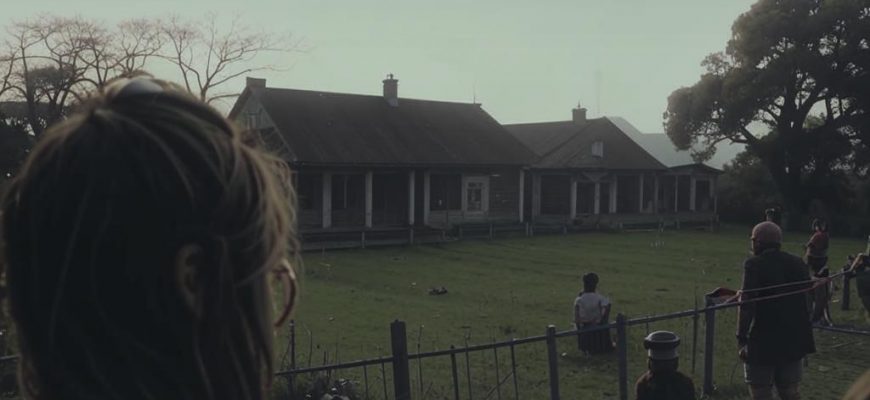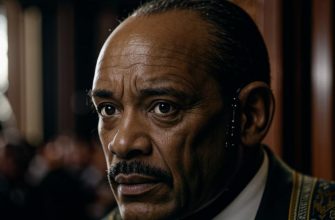“Garage Olimpo”, 1999
Director: Marco Bechis

Set in Buenos Aires during the height of the military dictatorship, this harrowing film tells the story of a young woman taken to a secret government detention center, known as Garage Olimpo, where she is subjected to interrogation, torture, and the constant fear of becoming one of the disappeared.
Starring: Antonella Costa, Carlos Echevarría, Enrique Piñeyro, Pablo Razuk, Chiara Caselli, Dominique Sanda, Paola Bechis, Adrián Fondari, Marcelo Chaparro, Miguel Oliveira;
Production year: 1999;
Genre: drama;
MPAA rating: r;
Duration: 98 min.;
Rating: IMDB: 7,3;
More information about the film “Garage Olimpo” on the website imdb.com
“Imagining Argentina”, 2003
Director: Christopher Hampton

This film explores the impact of the Dirty War on a regular family when a man's wife, an activist journalist, is abducted by the military government. Using magical realism, it showcases his journey as he develops the mystical ability to see what happened to the disappeared, including his wife.
Starring: Antonio Banderas, Emma Thompson, Irene Escolar, Fernando Tielve, Héctor Bordoni, Maria Canals-Barrera, Rubén Blades, Leticia Dolera, Anthony Diaz-Perez, Luis Antonio Ramos;
Production year: 2003;
Genre: thriller, drama, melodrama;
MPAA rating: r;
Duration: 107 min.;
Rating: IMDB: 6,1;
More information about the film “Imagining Argentina” on the website imdb.com
These films, among others, serve as crucial cultural documents, reminding viewers of the past atrocities, the depth of human resilience, and the ongoing search for truth and justice regarding the fate of the disappeared in Argentina.
In delving deep into the heart-wrenching narratives surrounding Argentina's “disappeared,” these films serve not only as a medium for cathartic expression but also as poignant reminders of a harrowing period in the nation's history. By weaving together personal stories with broader historical contexts, these cinematic works contribute significantly to a collective understanding and remembrance of the injustices suffered. They spotlight the resilience of the human spirit in the face of tyranny, the indefatigable quest for truth and justice, and the imperative of never forgetting those who vanished in the shadows of dictatorship. Through the lens of these filmmakers, viewers are invited to confront the chilling realities of a dark past, while fostering a renewed commitment to safeguarding human rights and dignity for future generations. Thus, films about Argentina's disappeared transcend the realm of mere entertainment, emerging as vital artifacts of cultural memory and instruments of historical reflection and social change.









